Today’s readings
We’ve all had the experience of being in a dark room, probably at night, and turning on a light. It’s blinding until we get used to it. There’s even a scene in the movie, Christmas Vacation, when Clark finally gets the Christmas lights to work and it’s so blinding that his neighbors, who have been sitting peacefully in the dark sipping wine get up and stumble around and even fall down the stairs. That’s our natural, biological, response to bright light in the midst of darkness.
I get that same idea from the second part of tonight’s Gospel reading. I can just imagine the shepherds, who have become very used to seeing their flocks and keeping watch over them by the dim but present light of the stars and the moon. Suddenly, they have the blinding light of the angel and the glory of the Lord. It’s no wonder they were afraid: they could hardly see, and what they could see was the surprising appearance of an angel into their mundane nightly watch.
But that’s what this night is all about. We live very mundane day-to-day, night-to-night, existences. We become used to what we see: the shadows, the darkness, even the sadness around us. Bad news doesn’t surprise us anymore. The real surprise on the evening news is the occasional human-interest story about something positive happening somewhere in our world. We get very used to our day-to-day lives, filled as they are with long to-do lists, running from one errand or event to the next, managing the stress, frustration, and anxiety that come from falling behind in one area or the other. This is the dim light we become used to.
And this night aims to change all that. Into our dimly lit lives, our God wants to shine the splendor of his glory. The birth of his only begotten Son into our world isn’t just a nice event depicted on Christmas cards or Nativity scenes. The birth of his only begotten Son is meant to change the world, including the dimly-lit recesses of our daily existence.
This is amazing grace. This is an indwelling of God that changes the world and changes our lives.
It’s incredible, because when you think about it, God doesn’t have to care about our welfare or our salvation. He’s God, he’s not in need of anyone or anything, because he is all-sufficient. He doesn’t need our love, he doesn’t need our praise, he doesn’t need our contrition … honestly, he doesn’t need us period.
But he wants us. Love needs the beloved. Grace needs the penitent. Goodness and truth and beauty need the worn and weary. And so our God pursues us, and pursues us with great zeal. Isaiah tells us that the zeal of the Lord of Hosts will do this. Indeed that zeal won’t rest until it reaches its perfection in the lives of all of us.
He created us in love, and even though he doesn’t need us, he loves us beyond all imagining, and can’t do anything but that. Throughout time, yes, we’ve disappointed him, and when he forgave us – which he didn’t have to do – we disappointed him again. That’s been the story of us as a people, and also our own personal stories, if we’re honest. How many times have we all sinned, and after being forgiven, go back and sin again? Honestly, if we were God, we’d throw up our hands and walk away. But, thank God, we’re not God, and our God isn’t like that. As often as we turn away and come back, he reaches out to us with the love of the father for his prodigal son. Our God pursues us, and pursues us with great zeal.
When our need for a Savior was great, when ages beyond number had run their course from the creation of the world, when century upon century had passed since the Almighty set his bow in the clouds after the Great Flood, after Abraham, Moses, David and Daniel had made God’s desire for reconciliation known, our Lord Jesus Christ, eternal God and Son of the eternal Father, desired to consecrate the world by his most loving presence. Being conceived in the womb of the Blessed Virgin Mary by the Holy Spirit, he was born in Bethlehem of Judah and was made man. As a man, he walked among the people of his time and lived as one of us, in all things but sin. At the appointed hour, he took on our sins and was nailed to a cross. He died to pay the price for all of us, in order to redeem us and bring us back to friendship with the Father. Because of this, the power of death and sin to keep us from God has been canceled out, and we have the possibility of eternal life. Our God pursues us, and pursues us with great zeal.
We gather this night not to wish each other happy holidays or season’s greetings, but instead to revel in the zeal that our God has for our souls. We who are so much less than him, and so unworthy of his love, nonetheless have his love and are intimately known to him, better than we even know ourselves. In God’s zeal for us, he reaches out to us when we fall, walks with us when we suffer, and brings us back to him when we wander away. There is nowhere we can go, no place we can run, no depth to which we can fall, that is beyond the reach of God’s zealous love for us. And that’s why this night, when we celebrate the Incarnation of our Lord Jesus Christ, is such an amazing and holy night for us. If not for this night, the night of our salvation on Easter would never come to pass. This night we celebrate not just the birth of a baby, but the birth of God’s intimate presence in the world from the moment of his birth until time is no more.
It’s no wonder the angels sang that night: they knew what the world had yet to behold. They knew that God’s zeal had obliterated the chasm between the world and its Maker. They knew that the sadness of death was coming to an end. They knew that the power of sin had been smashed to bits. They knew the light of God’s Radiant Dawn had burst forth upon the earth and Emmanuel, God-with-us, became incarnate in our midst. They knew that in this moment, the sad melody of sin had given way to a chorus of God’s glory. They knew that the dirge of death had dwindled to the peace that God pours forth on those whom he favors.
That moment, all those years ago, changed everything. Light shone in the darkness. The glory of the Lord enveloped the earth. Nothing would be the same. The zeal of the Lord of Hosts will do this!
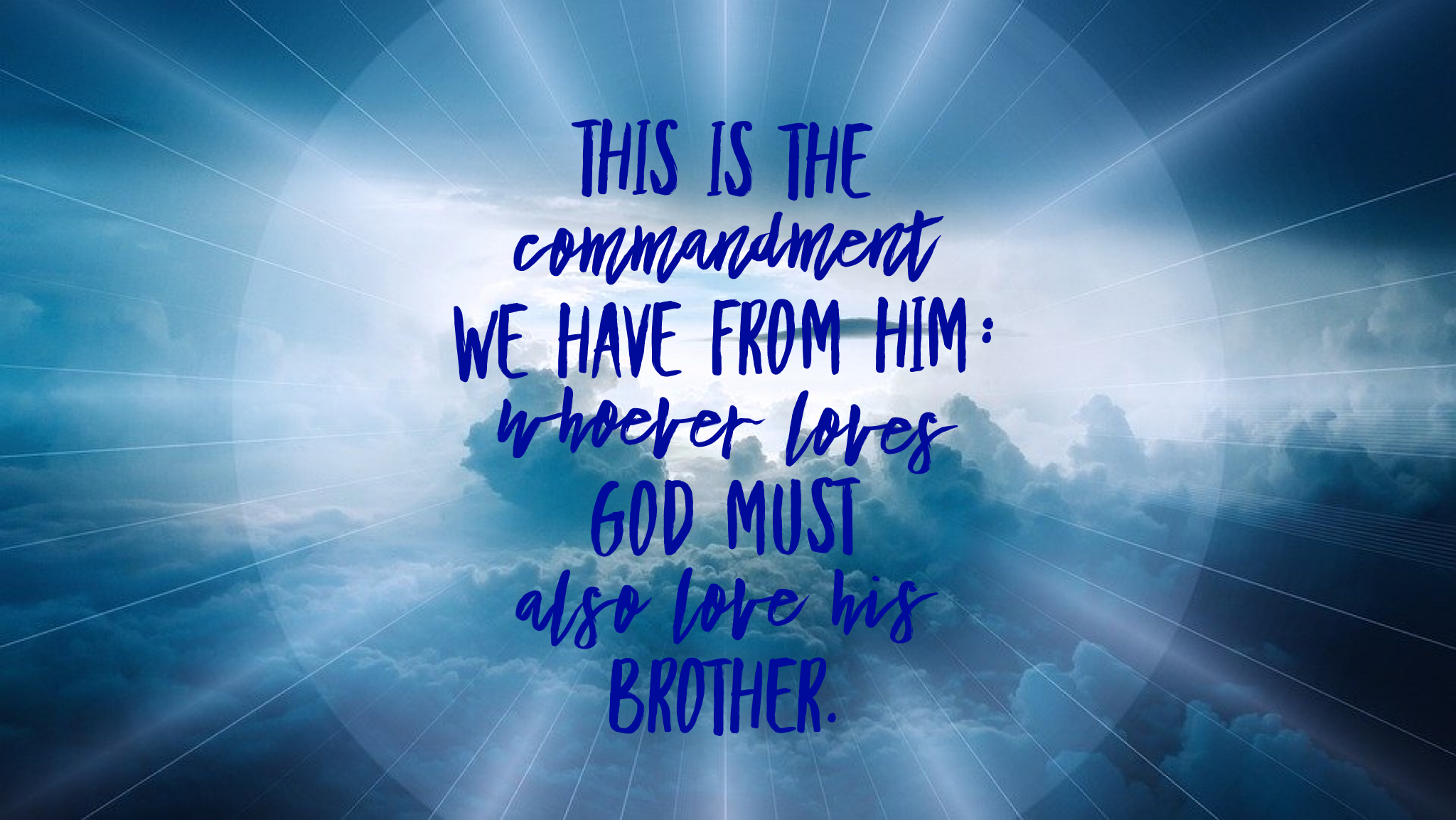
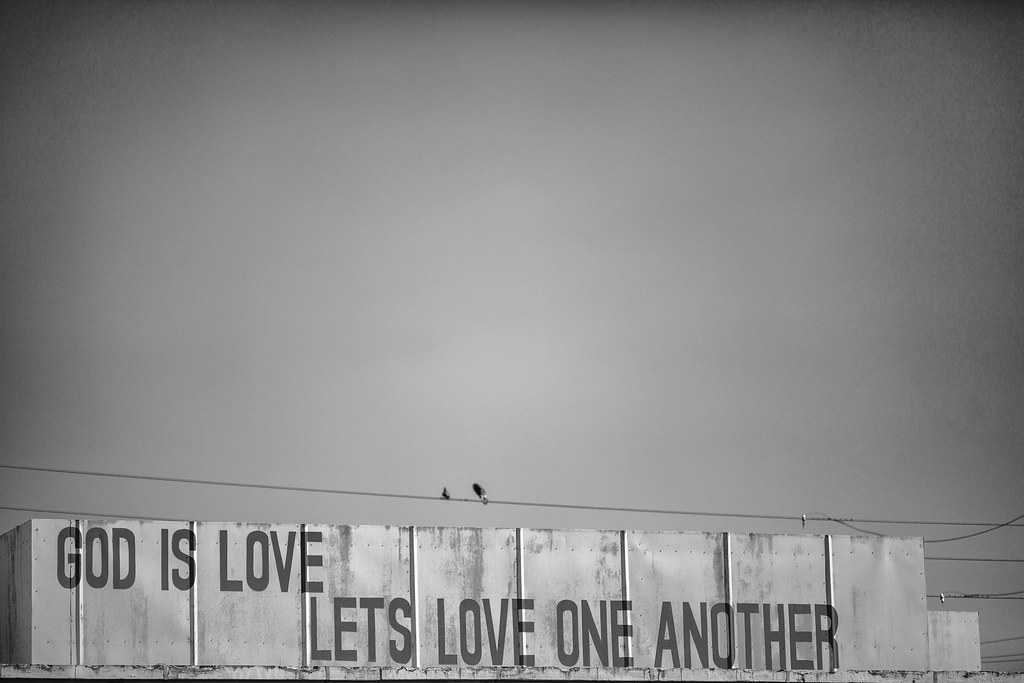
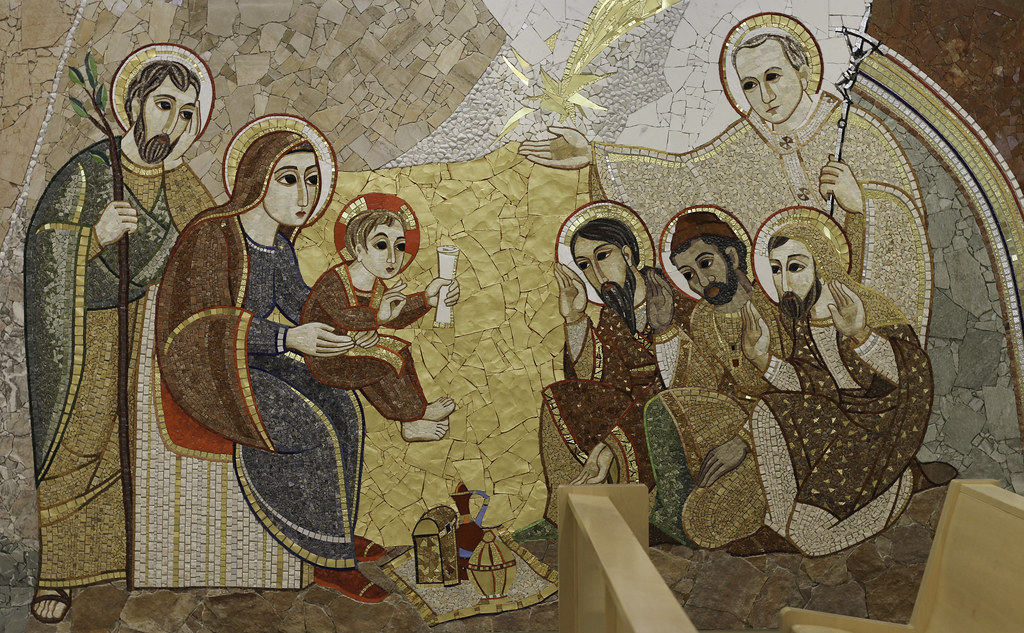
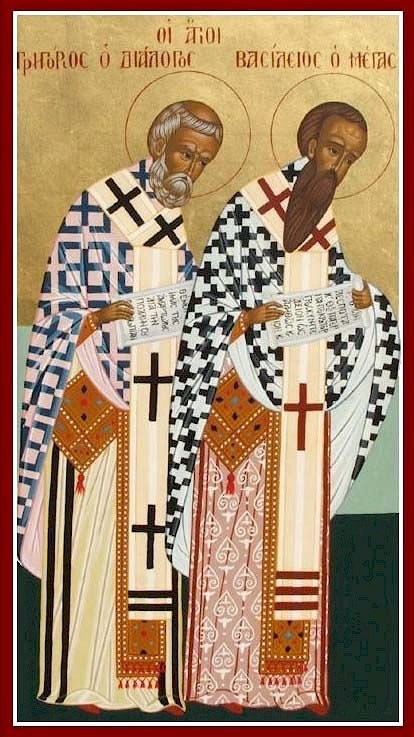
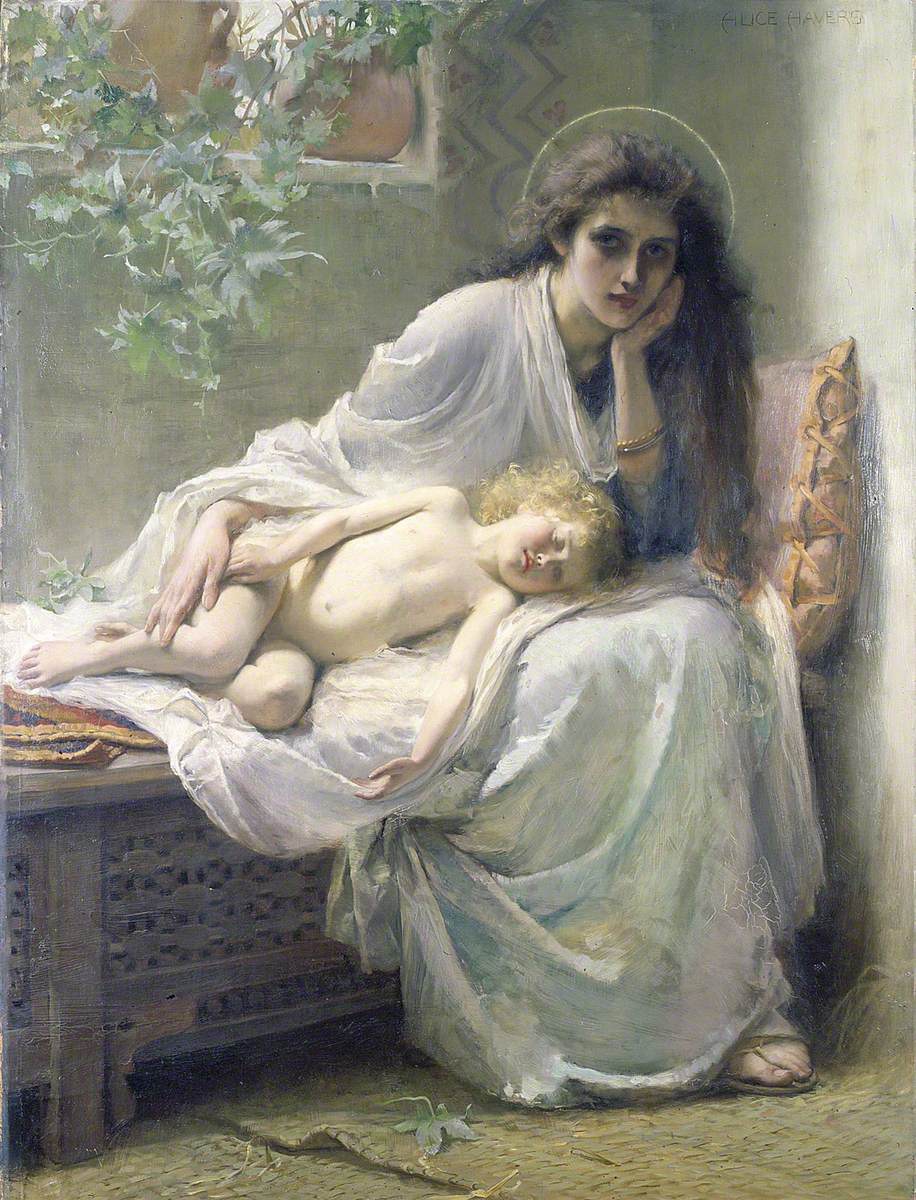
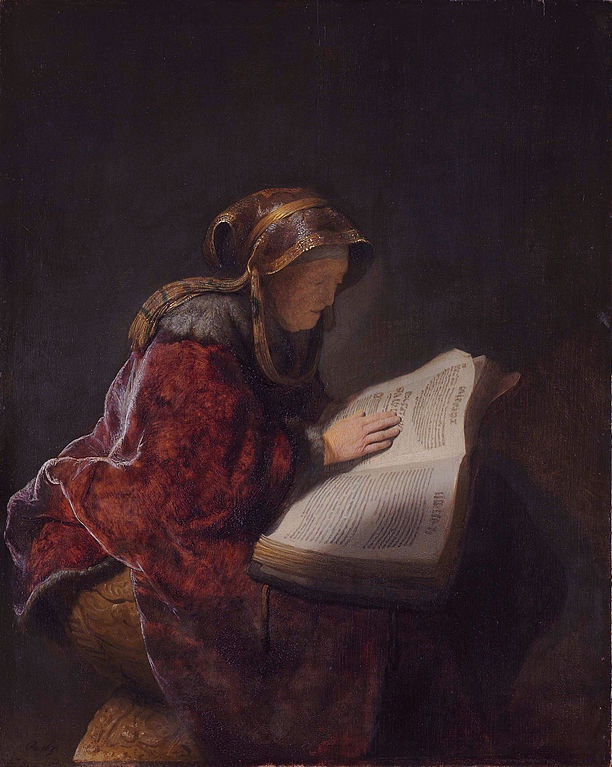
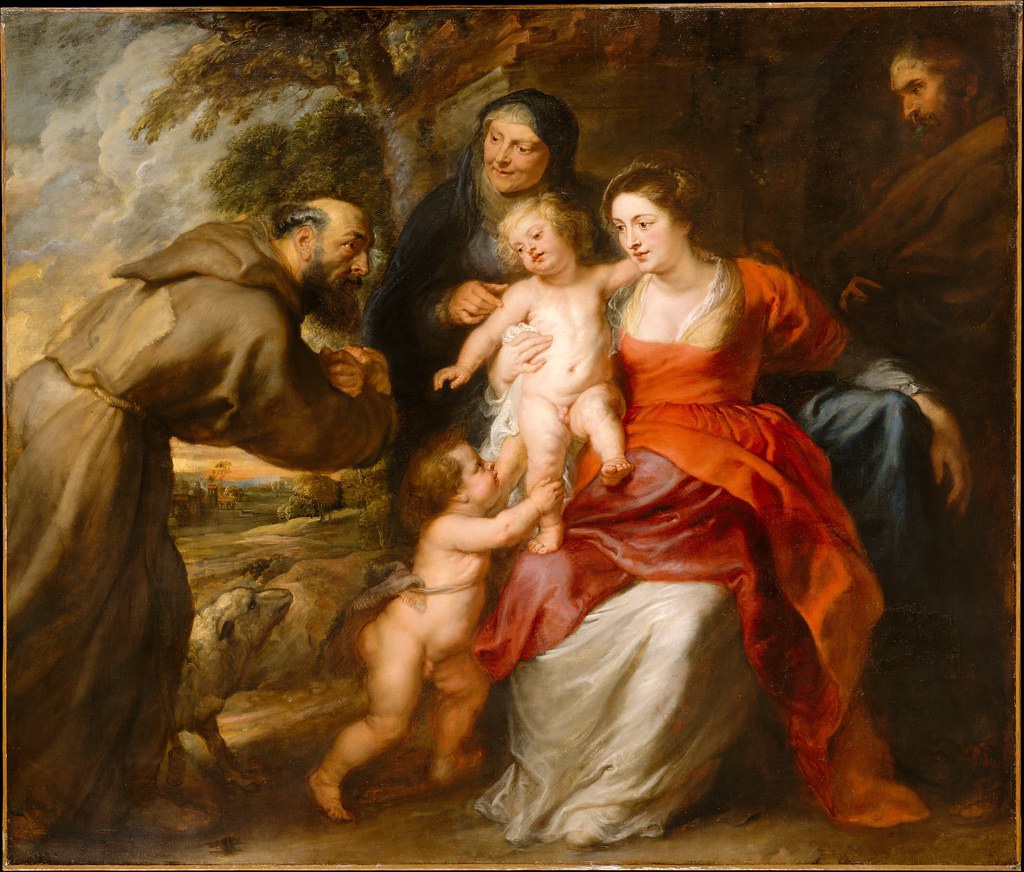
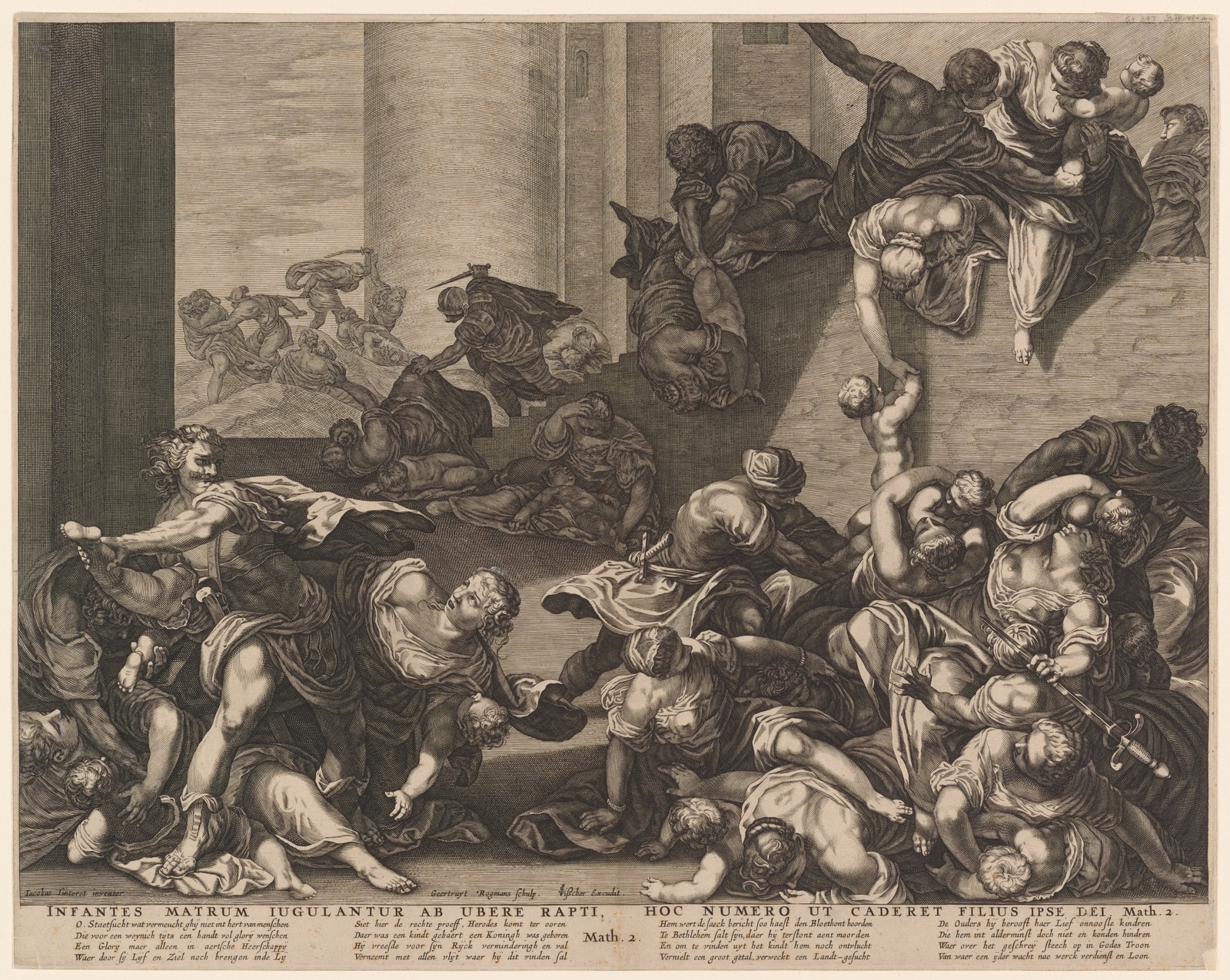

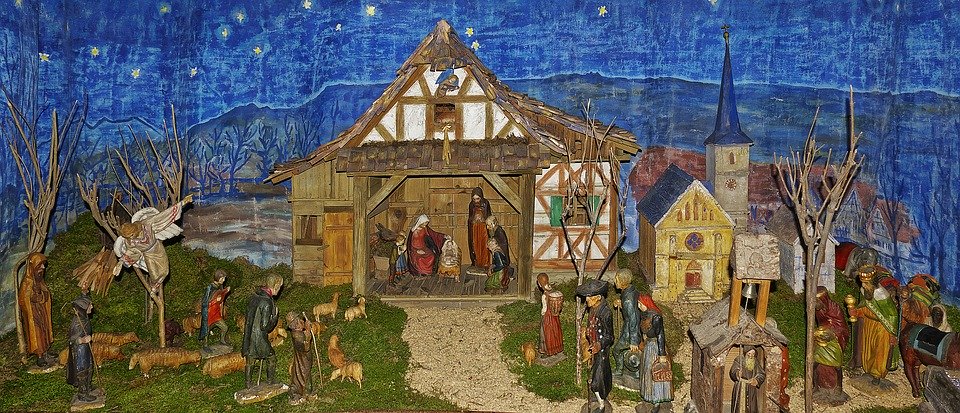
You must be logged in to post a comment.